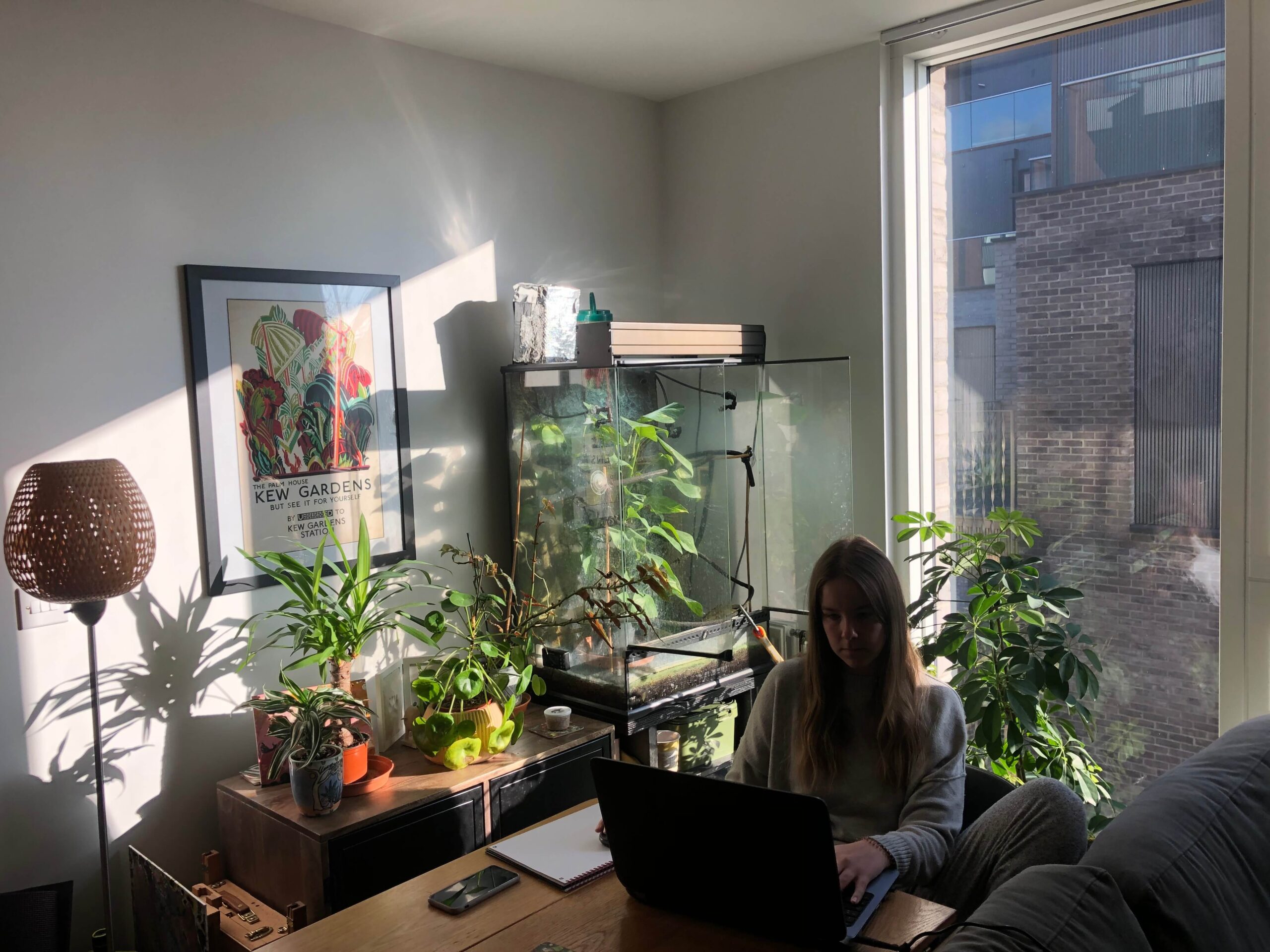Clean the air in your home
We know how important it is to eat quality food. But how much thought do you give to the air quality in your home?
Living in a city, I used to think keeping the polluted city air out was important. However, all I was doing was keeping more polluted air inside.
Cleaning the air in your home is an important practice to give you the safest environment to work, play, and sleep.
There are some specific steps that I take to ensure the air in my home is as clean as possible:
Avoid Volatile Organic Compounds (VOCs)
VOCs are chemicals that outgas into the air at room temperature, posing potential health risks. Common sources of VOCs include household cleaning products, paints, mattresses, carpets and basically any new synthetic plastic products. You know that ‘new car smell’? Thats VOCs.
A great way to minimise exposure to VOCs is to buy second-hand. By choosing pre-owned items that have already outgassed, you reduce the amount of new VOCs coming into your home. If you cannot buy pre-owned, ensure you properly ventilate any room new plastic products are in, at least for the first few weeks.
Open your windows
Proper ventilation is essential for maintaining good indoor air quality by constantly bringing fresher outdoor air into your home. Make a point to open windows and doors daily, even during colder weather, allowing VOCs to escape your home. Remember, outside air is helping clean your home.

Two Umbrella plants
Bring plants into your home
Plants are nature’s air purifiers, capable of absorbing harmful pollutants. Two of my (and NASA’s) favourite air-purifying plants are the Serpent’s Tongue and the Peace Lily, renowned for removing VOCs like formaldehyde, benzene, and xylene from our air.
You can strategically place plants throughout your home, particularly in areas where you spend a lot of time, such as the bedroom and living room. Not only do these plants enhance the space aesthetically, but they also contribute to cleaner, fresher air to breathe.
Cleaning the air in your home is a simple but effective practice.
By avoiding VOCs, improving ventilation, and letting plants filter the air, you can create a healthier indoor environment for yourself and your loved ones.
Prioritise respiratory health by taking proactive steps to clean the air you breathe.
If you want to learn more about VOCs and how to clean the air in your home, buy the book Beyond Domestication, available everywhere now: https://beyond-domestication.com/product/beyond-domestication-the-book-uk/

Plants in the bedroom










